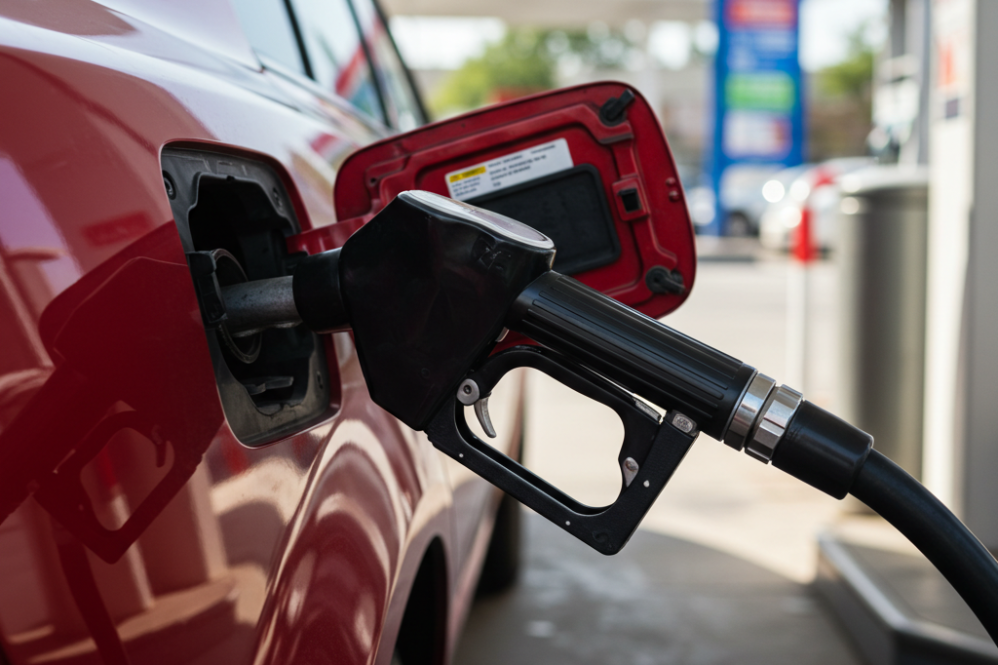What Are the Differences in Gasoline? Is It Worth Paying Extra for Higher-Octane Fuel?
You pull into the fuel station for your usual fill-up—whether it’s diesel or gasoline, depending on your car. The attendant asks the familiar question: “Regular or premium?” But what exactly is the difference between regular unleaded and the so-called premium fuel?
Most fuel companies offer multiple fuel options, but what do they really mean for your car? Is it worth paying extra for higher-octane gasoline or higher-cetane diesel?
What Are Octane and Cetane Ratings?
Octane is a measure of gasoline’s ability to resist premature ignition due to compression. The higher the octane rating, the more resistant the fuel is to high-pressure conditions. In Greece, you’ll typically find 95- and 100-octane unleaded gasoline at fuel stations.
Cetane, on the other hand, is the equivalent rating for diesel. It indicates how easily diesel ignites when injected into the cylinder. Unlike gasoline engines, diesel engines don’t have spark plugs; instead, they rely on compression to ignite the fuel.
Should You Choose Premium Gasoline or Diesel?
This question has a simple answer: check your vehicle’s owner’s manual. The manufacturer’s recommendations specify the ideal fuel for your car.
If your vehicle is naturally aspirated (non-turbocharged), you likely won’t notice significant benefits from using 100-octane gasoline. However, turbocharged engines often require higher-octane fuel for optimal performance. If a turbocharged engine runs on lower-octane fuel than recommended, it may experience reduced performance or efficiency.
For diesel engines, cetane ratings don’t impact performance as noticeably as octane does for gasoline engines. However, high-cetane diesel can improve cold-weather performance and reduce harmful emissions.
Does Premium Fuel Really Clean the Engine?
Another common claim from fuel station attendants is that premium gasoline “cleans the engine.” While this might sound like a sales pitch, it’s not entirely false. High-octane fuels often contain additives that enhance combustion and contribute to engine longevity. However, whether the benefits justify the extra cost depends on your driving habits and vehicle type.
Is Premium Fuel Worth the Extra Cost?
In most cases, no—unless you have a turbocharged engine and want to maximize horsepower. While premium fuels contain additives that improve combustion and engine cleanliness, they come at a higher price. For the average driver, the difference in performance is often negligible.
This is a free translation of an article originally written by Kostas Michaleas.















